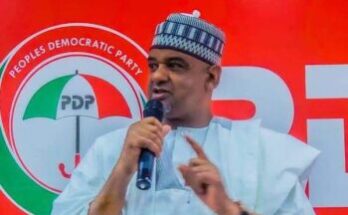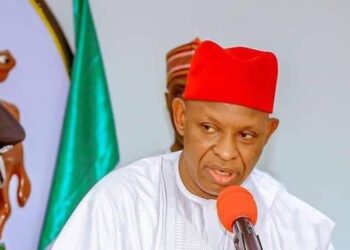All is not well in Central Bangkok and the ripple effects are adversely affecting the hospitality industry as hotels occupancy rates continue to fall. From conventions to planned business deals and honeymoon bookings, everything is either getting cancelled or deferred to a future date as the decade long political turmoil continues to tear Thailand’s economic and social fabrics apart.
It all began in 2006 with a coup that toppled Yingluck’s brother, Thaksin Shinawatra, as the nation’s Prime Minster. Though the country has experienced interrupted spells of peace and prosperity since then, it is yet fully to bounce back as a lucrative destination for tourists and investors with interest in Thai’s hospitality industry.
This year, Thailand’s economy, which is the second largest in Southeast Asia, is anticipated to grow by three percent at most, especially if the political protests stretch into the second quarter, as predicted Thai University’s Chamber of Commerce and Industry. Analysts take this as under-performance for an economy with robust tourism industry, industrial as well as service delivery sectors. A fact that is attested by the 2012 economic growth that stood at 6.5 percent and yet to be released 2013 report that pins the growth rate at four percent.
Virat Jaturaphutphitak, who heads the Association of Thai Travel Agents, noted that the end to the country’s political, economic and social upheavals appears to be nothing but distant mirage. Hotel bookings from North America and Europe have for instance plunged by 70 percent since April while those from the neighbouring Asian countries have gone down by about 30 percent.
The situation is aggravated by the fact that foreign direct investments that were initially intended to end up in the country’s tourism sector are now being diverted to Singapore, Vietnam or Malaysia.
The waiting for the return of Thailand as a global tourism magnet may further be prolonged by opposition leaders who want Yingluck’s regime to step down in favour of a council ran by the people, in the bid to trigger reforms and eradicate corruption. Yingluck’s supporters, most of whom are the country’s poor majority from the north are on the other hand vouching for mild reforms but they are of the idea that they should not be carried out before the elections.
The Minister for Sports and Tourism, Somsak Phureesrisak, asserted that hospitality establishments that are adjacent to protest areas have suffered adversely, meaning that attracting additional investment in the near future may be a pipe dream following the suspension of operations by organisations such as the tourism council and the country’s stock exchange authorities. Tourism auxiliary companies such as the Thai Beverage PLC are also facing stormy economic waters that may only calm down when the right mediator walks into the scene.
– tourism-review.com



